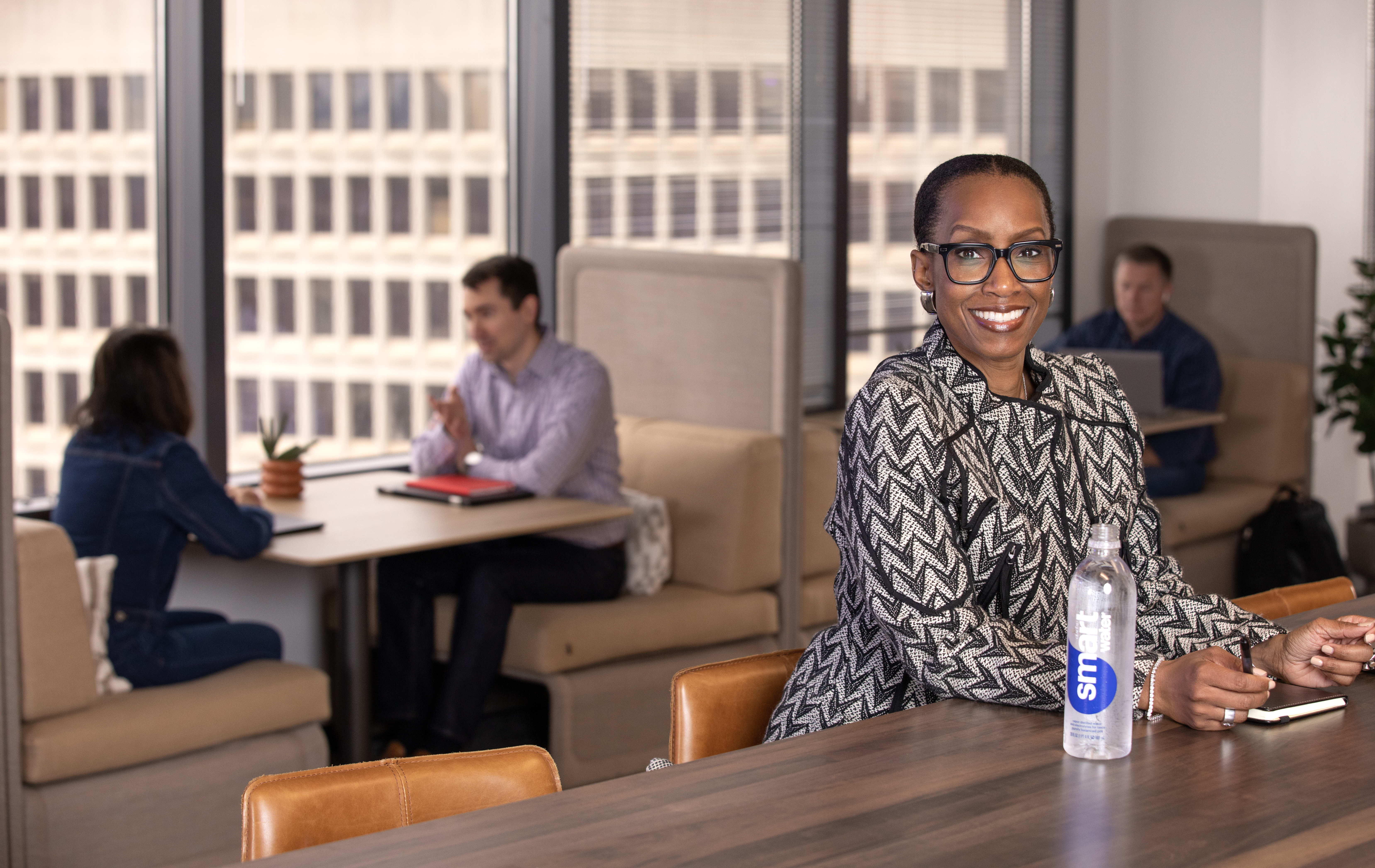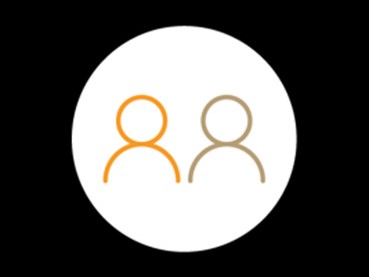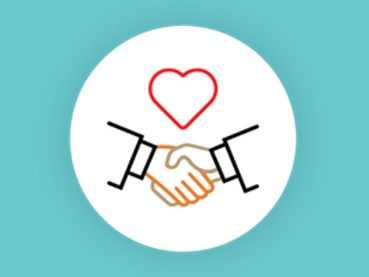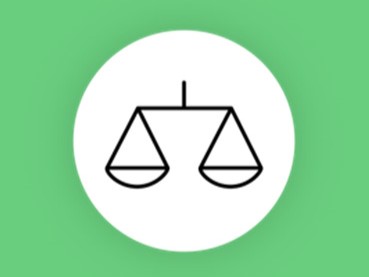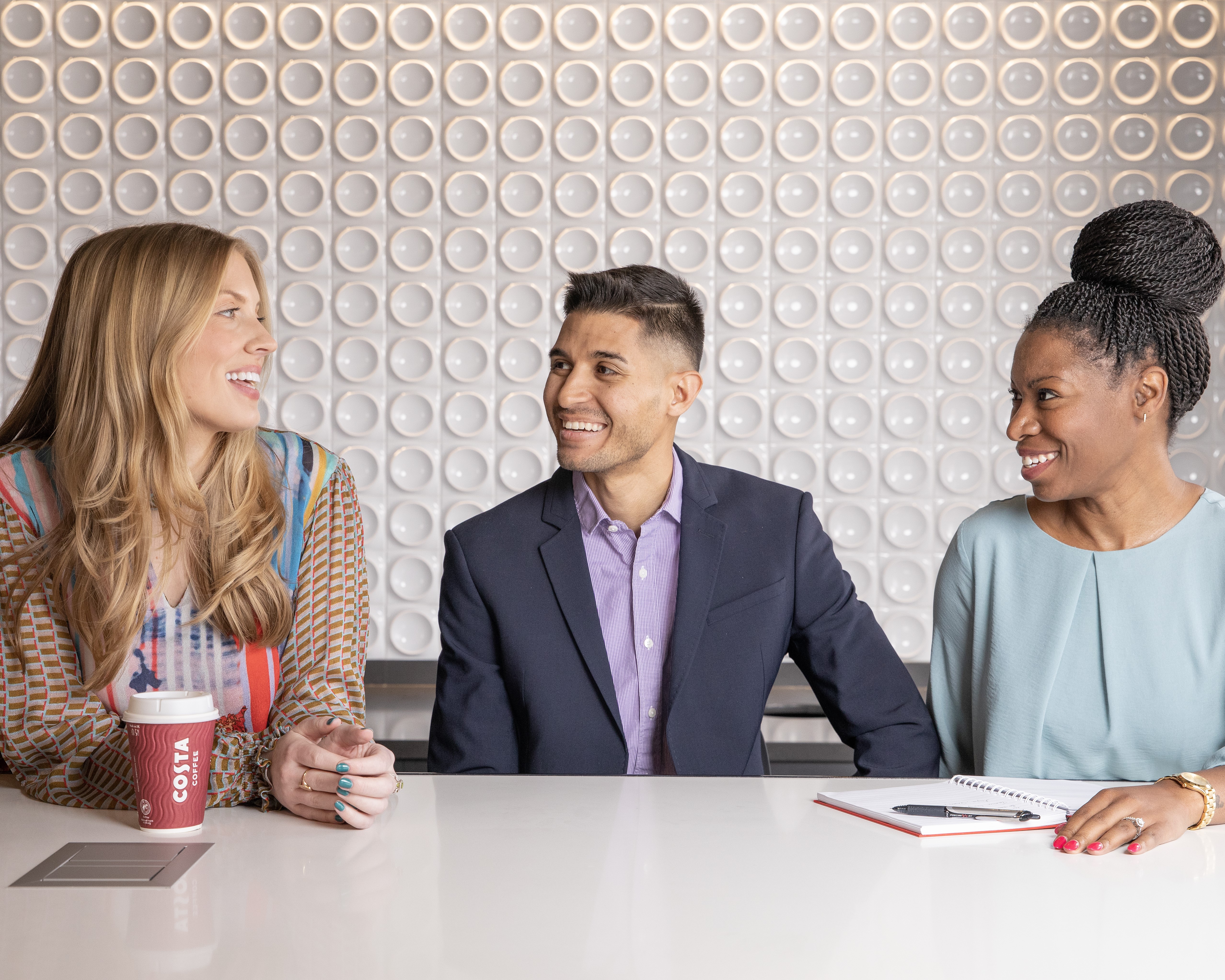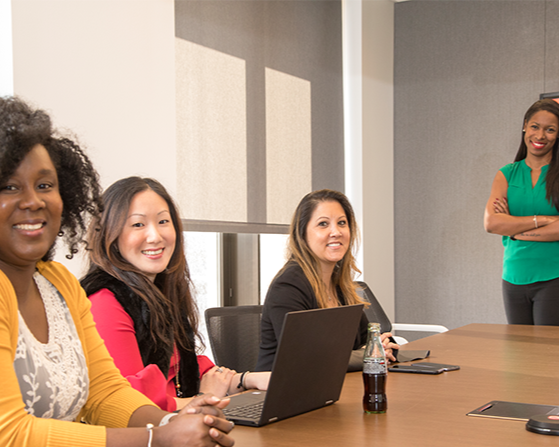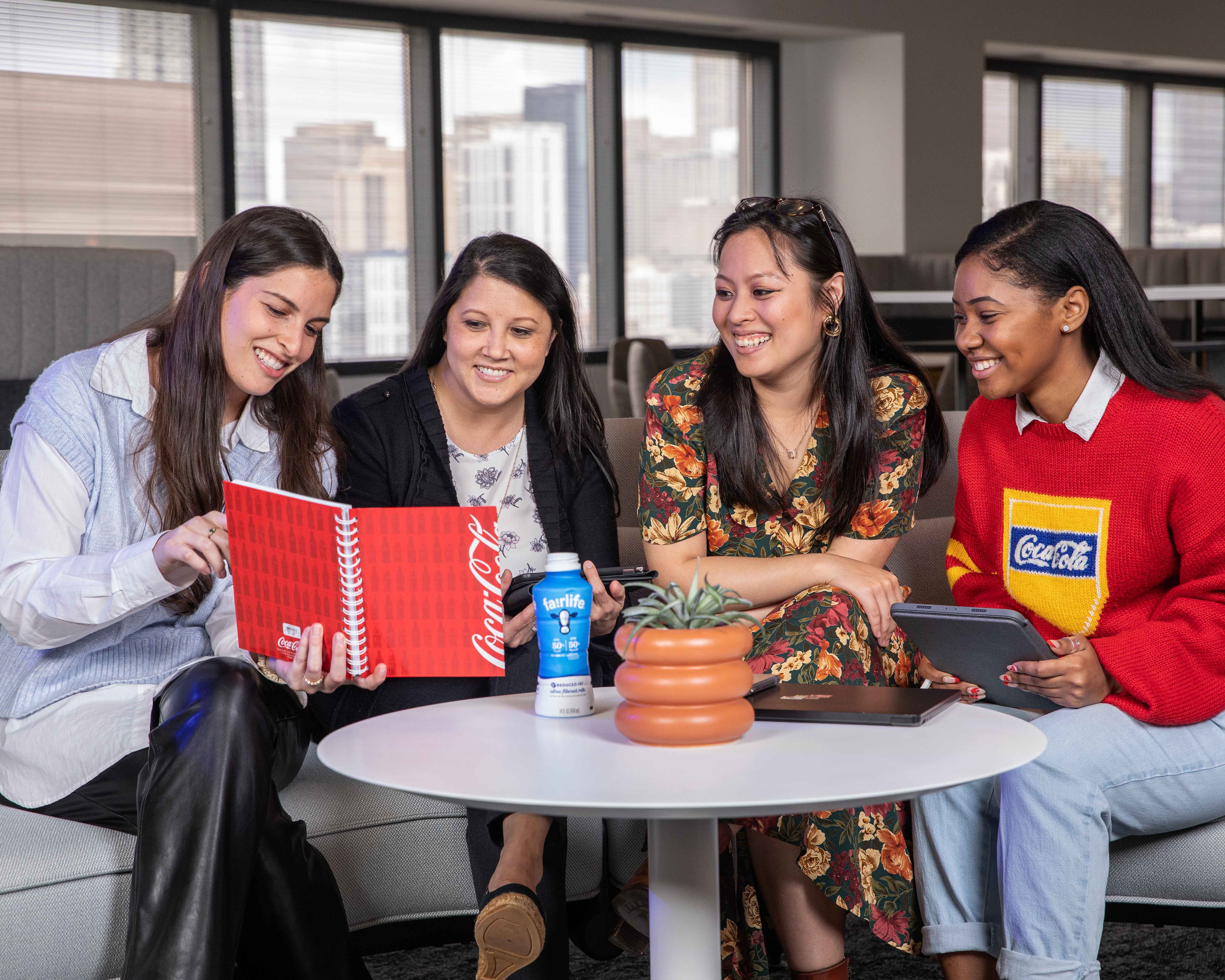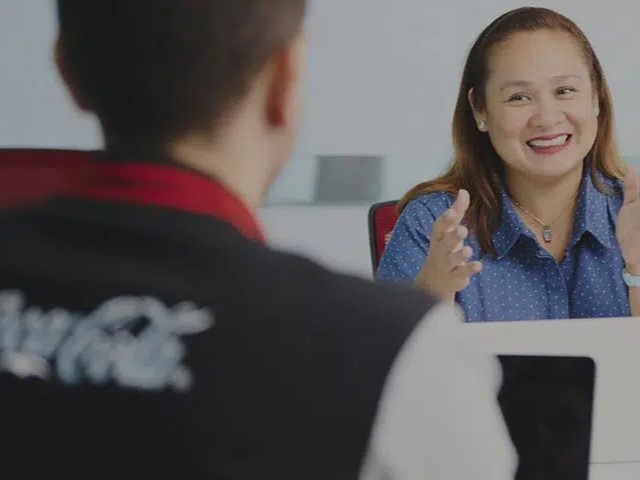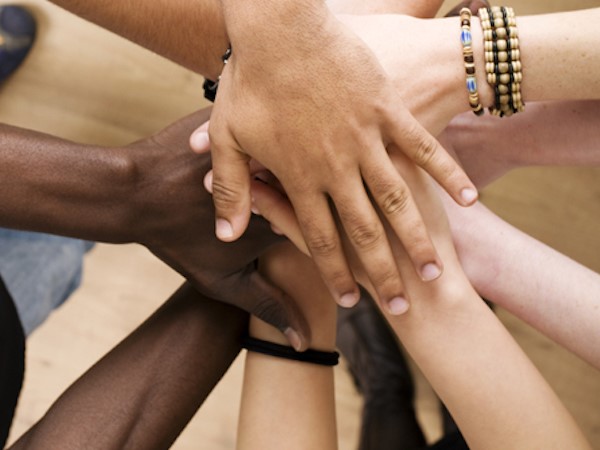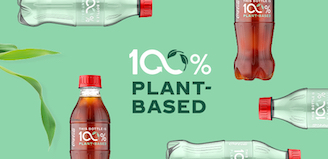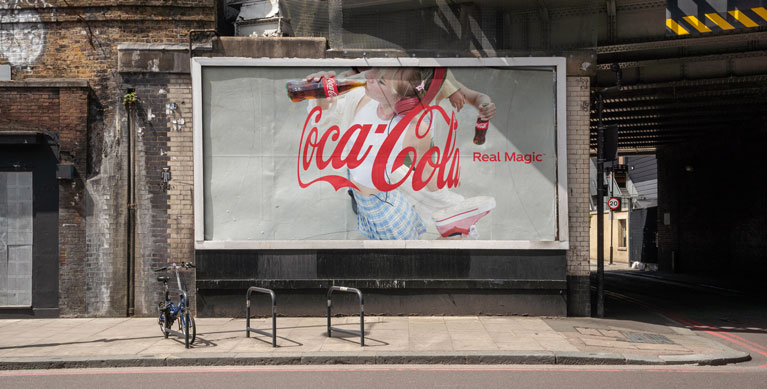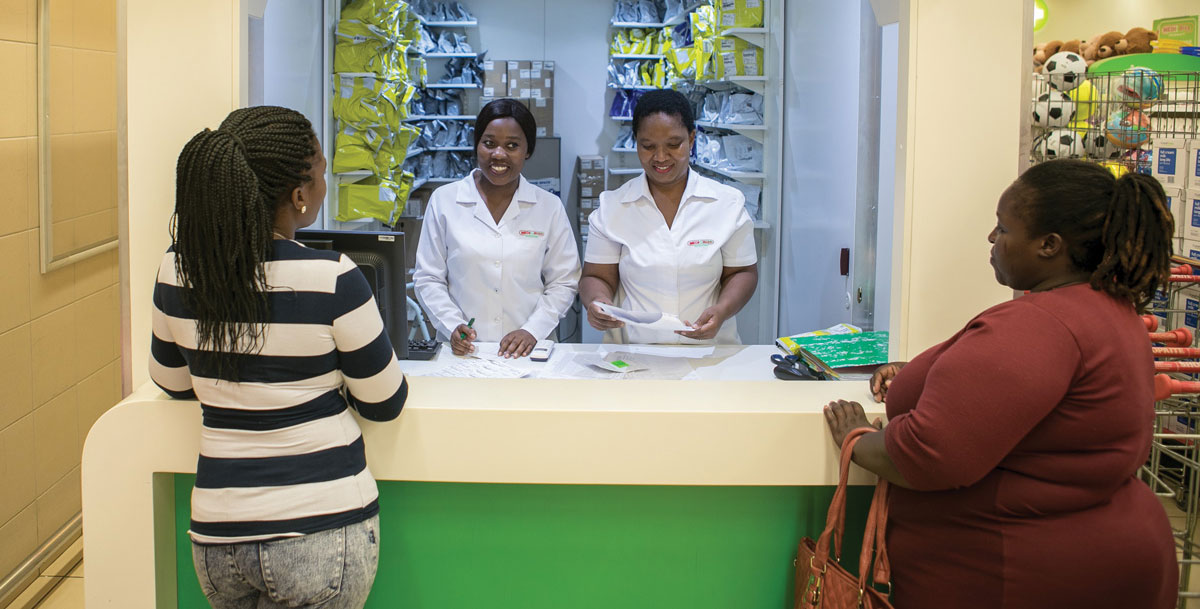Creating a culture of diversity, equity and inclusion.
Diversity, equity and inclusion are at the heart of our values and our growth strategy and play an important part in our company's success.
We leverage the remarkable diversity of people across the world to achieve our purpose of refreshing the world and making a difference.
Our aspiration is not only to reflect the diversity of the markets we serve, but also to lead and advocate for a better shared future.
The Coca‑Cola Company’s diversity, equity and inclusion strategy includes three long-term ambitions:
These ambitions guide our efforts to create a better shared future for people.
Learn More about Diversity, Equity and Inclusion
Throughout our history, Coca‑Cola has stood up for – and celebrated – diversity, equity and inclusion around the world.
Timeline
- 1934
- 1950s
- 1960s
- 1960s
- 1966
- 1969
- 1970
- 1986
- 1991
- 2000s
- 2000s
- 2016
- 2017
- 2019
- 2020
- 2020
- 2021
- 2021
- 2021
- 2022
